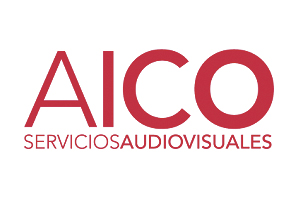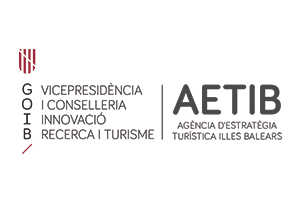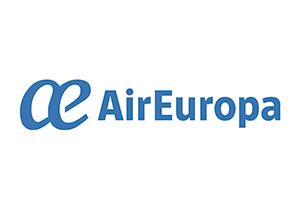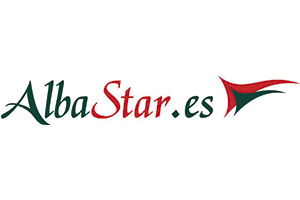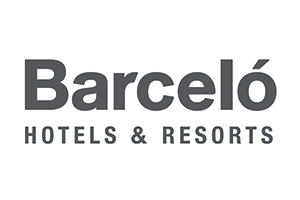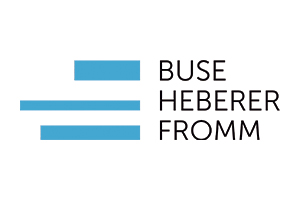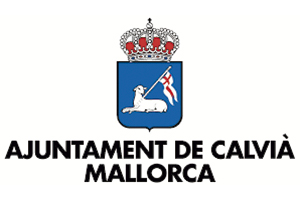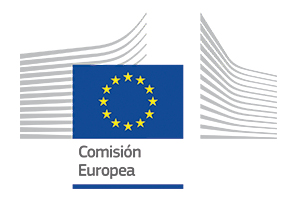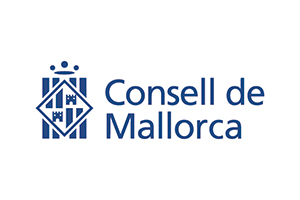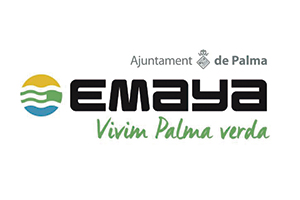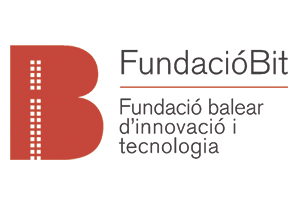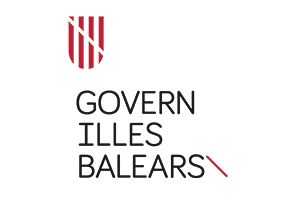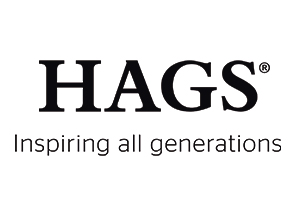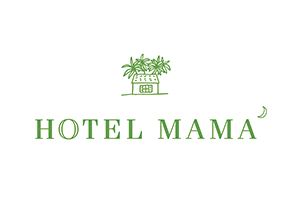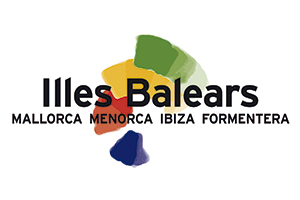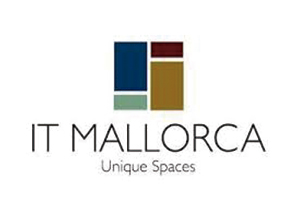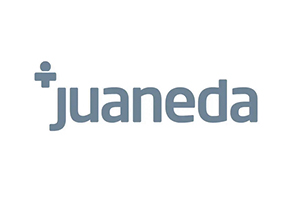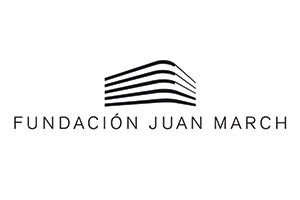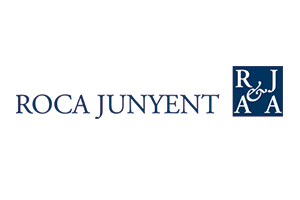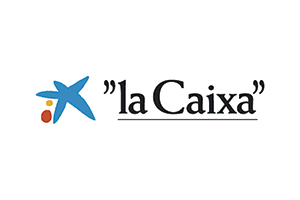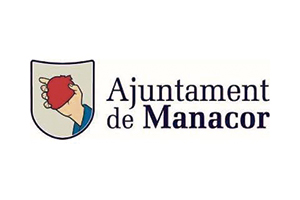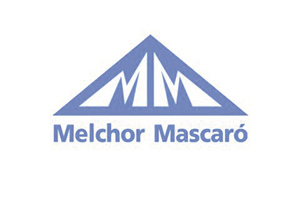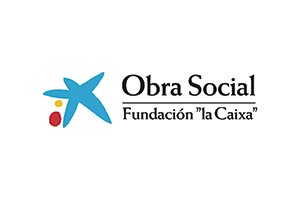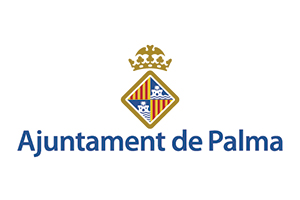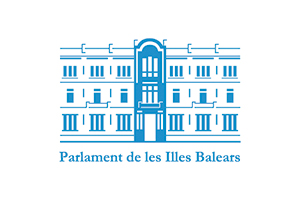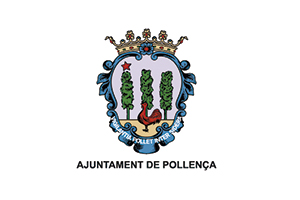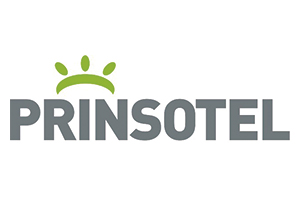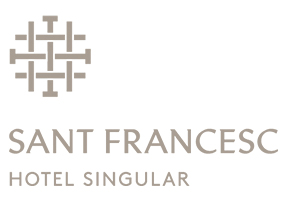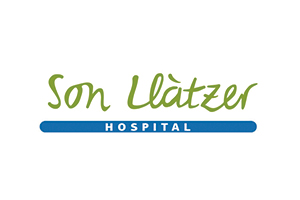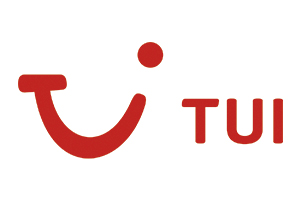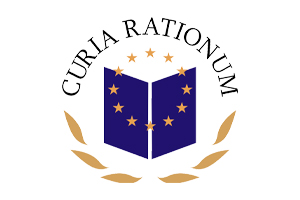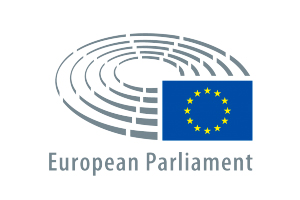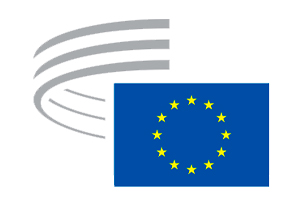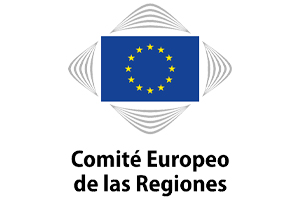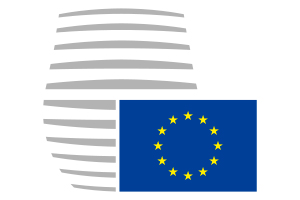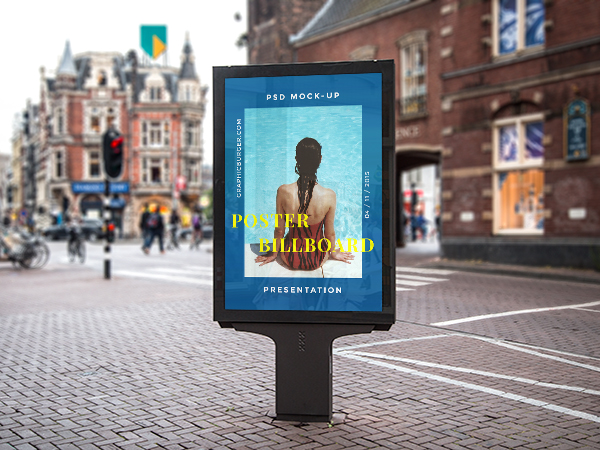Our Services
SWORN TRANSLATIONS
The Spanish Ministry for Foreign Affairs authorises translators to sign translations when the source or target language is Spanish.
At Eurotranslations, we provide sworn translations into all the languages authorised by the Spanish Ministry for Foreign Affairs and we also manage official translations between languages other than Spanish. Our most usual sworn translations include contracts, birth, marriage and death certificates, criminal records, wills, title deeds, deeds of sale, invoices, annual reports, adoption certificates, academic certificates, CVs, etc.
When is a sworn translation needed? Sworn translations are generally necessary in legal procedures, tax processes, notarial acts, official education centres or universities, etc. Ask us for a quotation here
GENERAL TRANSLATIONS
General translations cover all kinds of specialised texts and languages, for example translations for the tourism, journalism, business, advertising, legal, agro-food, biosanitary, scientific and technical sectors, etc.
At Eurotranslations, we have specialists in all fields and all languages. We specialise in translations of press releases, hotel leaflets, legal texts, internal company manuals, annual reports, websites, European directives, meeting minutes, terms and conditions, etc. Ask us for a quotation here
Its main disadvantage is that technical equipment has to be hired as well, which increases the cost of the service significantly. The terms “conference interpreting” and “simultaneous interpreting” are now used interchangeably.
Simultaneous interpreting is used for seminars and conferences when it is important for attendees to follow a speech in real time with no interruptions to speed up the process. It is also particularly useful for roundtables and workshops.
The main difference between these two methods is the time between the understanding and reproduction phases of the message. In the simultaneous method, the time gap between both is short or even non-existent. However, in consecutive interpreting, the professional has more time and can, therefore, avoid a literal translation and undesirable interferences more easily. Concerning costs, with simultaneous translation, sophisticated technical equipment and technical personnel also need to be hired. And to ensure quality, there must always be two interpreters per booth (and one booth per language combination). With consecutive interpreting, no technical material other than what the speaker has is needed and only one interpreter is needed for the job.
In liaison or bilateral interpreting, the interpreter acts as an intermediary between two people or groups of people. It's more informal than simultaneous or consecutive interpreting.
This interpreting type is used when there's only one person needing the interpretation. This technique can be quite inconvenient for both the interpreter, as they need to adopt an uncomfortable posture to be able to whisper what is being said, and for the people around them as they will hear annoying whispering at the same time as they listen to whoever is speaking at the time.
The main advantage is the saving of the cost of hiring the technical equipment.
This interpreting type was primarily developed because of the COVID-19 pandemic. After the state of alert was declared in Spain on 16 March 2020, all events, conferences, congresses, seminars and presentations planned with interpreting services were cancelled. We've had to adapt to the new forms of remote working and virtual meetings and gatherings. A new remote simultaneous interpreting service had to be offered using video-conferencing applications.
With RSI, interpreters are in a remote location and attendees receive the interpretation on their own devices wherever they are. In some cases, interpreters are in the booths at the event location interpreting for both the attendees in the room and those following the event remotely.
RSI is a flexible option for organisers as interpreters can provide their services without being physically present. And it's also flexible for interpreters as they can work from home without having to spend time travelling.
As a result, we can ensure quality standards are upheld by using interpreters specialised in the topic regardless of whether travel is permitted or not. Besides making it easier to offer more languages and combinations, RSI adds value to our commitment to sustainability and implementing the circular economy in our work procedures.
We can provide simultaneous interpreting via with the most widely used video-conferencing and webinar programmes such as Zoom, Webex, Meets or Teams.
REVISION AND EDITING
The revision and editing process takes place on several levels. Not only does it ensure that the translation style is fluid, clear, consistent and tailored to the target audience, but also that it precisely conveys the text in the source language. It must follow grammar, punctuation and spelling rules in the target language. The terminology used is checked to ensure it is consistently used throughout the text. Finally, design and format issues are resolved.




